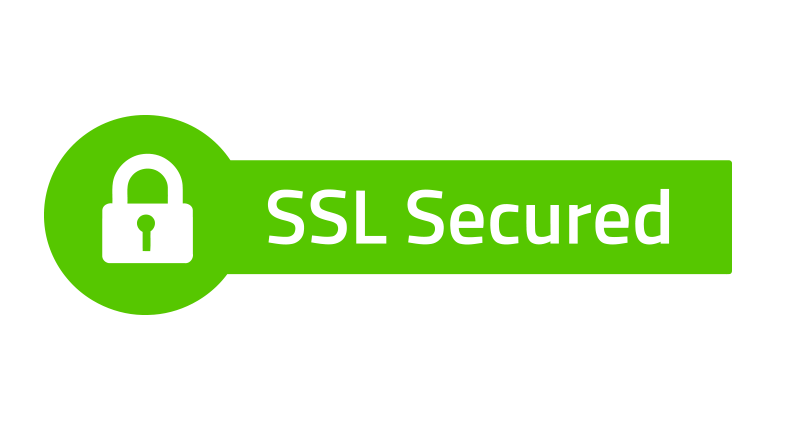What Are the Benefits of Having a SSL Certificate?
SSL certificates provide security for data exchanges over the Web. They safeguard information like names, addresses, and credit card numbers from cybercriminals. They also validate business identity to instill trust in customers. With SSL, visitors will see a padlock icon or green bar in the browser window. SSL is a requirement for websites that collect customer information or conduct online transactions. It boosts SEO rankings, and Google is flagging non-secure sites with pop-ups.Protects Sensitive Information
Most notably, SSL certificates keep sensitive information encrypted on websites. Data sent on the internet passes through multiple computers to get to its destination, and if not protected by SSL, those computers can see this information. SSL certificates make this information unreadable, protecting it from hackers and identity thieves. This is especially important for businesses that collect customer information through online forms, such as names, addresses, and email addresses. Without SSL, those customers may be repelled by popup warnings that suggest your website isn’t secure, turning them away from your business and losing potential revenue. SSL certificates also authenticate your company’s identity, which increases consumer trust and helps you rank higher in search engine results. This boost in visibility can help you grow your audience and generate more leads. Additionally, many data protection and privacy regulations—like the GDPR, PCI DSS, and HIPAA—require SSL certification to demonstrate compliance. This means that if you don’t have an SSL certificate
Increases Customer Trust
The internet is a great place for customers to meet businesses and connect with one another, but it’s also a dangerous place for hackers to steal data and identities. Without an SSL certificate, sensitive information sent over the web – including usernames and passwords, credit card details, and personal information – can be easily intercepted by cybercriminals. Customers are increasingly security-aware, and many will abandon websites that don’t have SSL protection, even if they’re interested in the products or services offered. In addition, browsers now mark non-secure websites with a warning, further scaring potential customers away. SSL certificates add a visual indicator to a website – such as a padlock icon near the URL in browsers – that lets consumers know they can trust the site with their information. Furthermore, OV and EV SSL certificates verify the authenticity of a business, further increasing consumer confidence. This is especially important for e-commerce sites, where trust is vital to conversions.Enhances SEO Rankings
SSL certificates help websites boost SEO rankings by making their connections secured and encrypted. This makes it harder for hackers to intercept important information such as credit card numbers, social security numbers, and passwords. This way, customers can shop confidently on a website without worrying about their sensitive data falling into the wrong hands. SSL certificates also give the website the HTTPS status and the padlock icon that appears in web browsers, which is a big trust signal for users. This is why many aware users prefer to visit sites that have an SSL certificate. Although Google does not disclose the exact ranking algorithm, some experts believe that a SSL certificate can provide a small boost in search engine results pages. However, it is not a miracle worker and must be used with other factors to achieve optimal results. That said, a secure site can improve its rank significantly and attract more traffic in the long run.Reduces Cybercrime
Websites without SSL are a prime target for cybercriminals. These criminals want to intercept confidential information, such as names and credit card numbers, while in transit from a browser to the server. A properly installed and configured SSL certificate encrypts this data, making it unreadable to anyone intercepting the data. Aside from protecting sensitive data, SSL certificates also authenticate a website's identity and provide trustworthiness for users. Websites with SSL are often recognized by their padlock icon and HTTPS acronym in the address bar. They are also likely to enjoy higher search engine rankings, since Google has made SSL a ranking factor. In the online world, where cyber attacks are commonplace, it's critical for businesses to ensure their websites meet security standards. Failure to do so could result in financial and reputational damages. Installing SSL is an easy way to reduce risk and boost customer trust. --Comments
Ideas, requests, problems regarding TWiki? Send feedback

